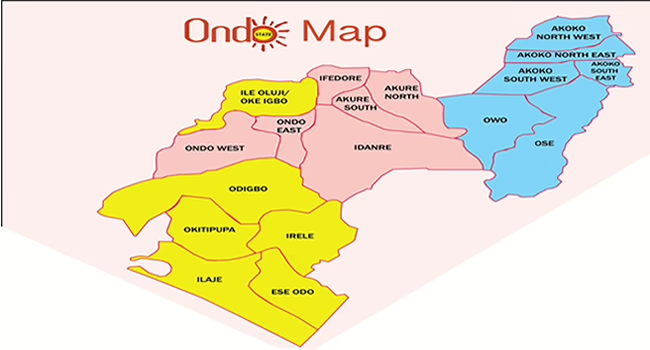Ondo State Police Successfully Free Kidnapped Health Worker
In a swift and coordinated response, law enforcement officials in Ondo State have secured the safe release of Mr. Ayodeji Akinsero, a healthcare professional employed at the Federal Medical Centre in Owo.
Details of the Abduction Incident
Mr. Akinsero was forcibly taken from his home located within the Owo Local Government Area on Thursday by unidentified armed assailants. The incident sparked immediate concern among local authorities and the community.
Police Response and Rescue Operation
According to Olushola Ayanlade, the spokesperson for the Ondo State Police Command, the rescue mission was initiated following direct orders from the state’s Commissioner of Police, Adebowale Lawal. Upon notification of the kidnapping, CP Lawal mandated an all-out effort to recover the victim without delay.
Subsequently, a joint task force comprising officers from the Owo Area Command, divisional police units, and members of the Upeme Vigilante Group launched an intensive search operation. Utilizing actionable intelligence, the team conducted thorough combing of the surrounding bushland from Thursday through Friday night.
Confrontation and Outcome
The kidnappers were eventually confronted in an armed exchange, which compelled them to abandon Mr. Akinsero and flee the scene. Remarkably, the health worker was found unharmed, and no ransom was paid during the ordeal. He was promptly transported to the Federal Medical Centre in Owo for medical evaluation and care.
Community Impact and Current Status
Following his rescue, Mr. Akinsero has been joyfully reunited with his family, bringing relief to the local community. This successful operation highlights the effectiveness of collaborative security efforts in combating kidnapping, a crime that has seen a worrying rise in parts of Nigeria. According to recent data from the Nigerian Police Force, kidnappings increased by approximately 15% in the last year, underscoring the importance of rapid response and community vigilance.
Such coordinated interventions serve as a model for future operations aimed at protecting vulnerable individuals, especially frontline workers who continue to serve despite security challenges.

















0 Comments